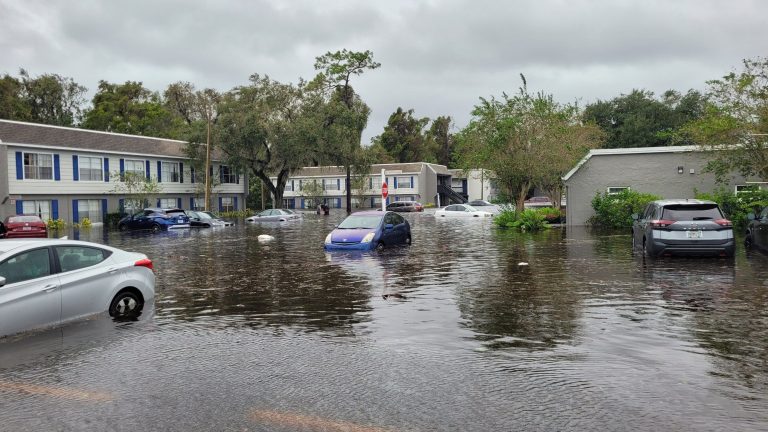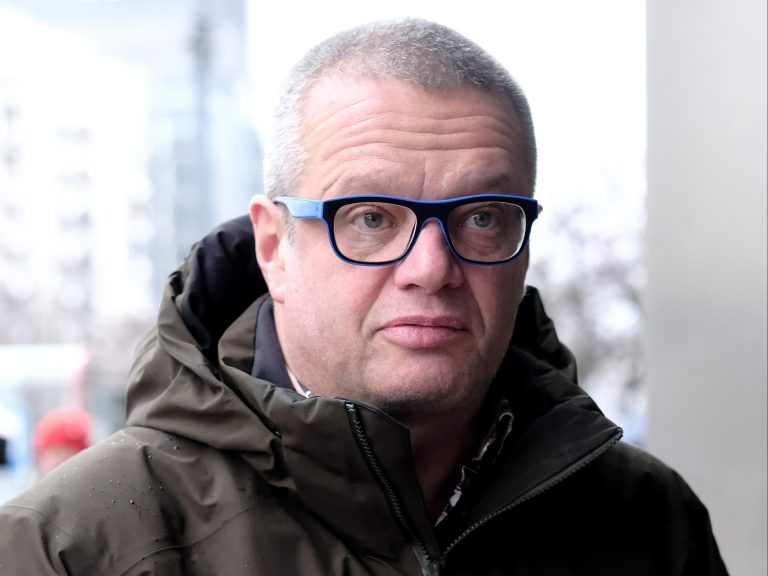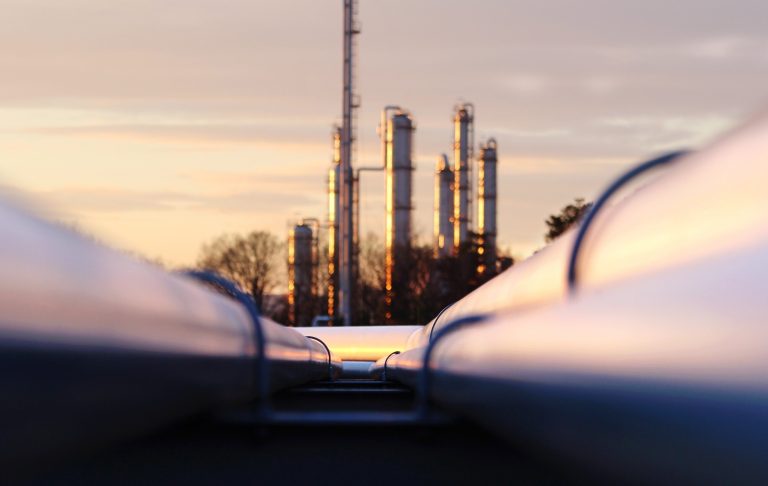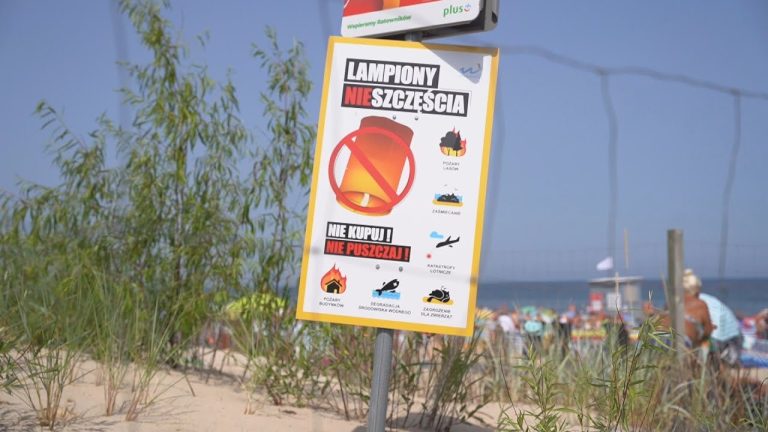Planet Heroes intends to clean up the Earth. They will pay the collectors and examine the AI garbage
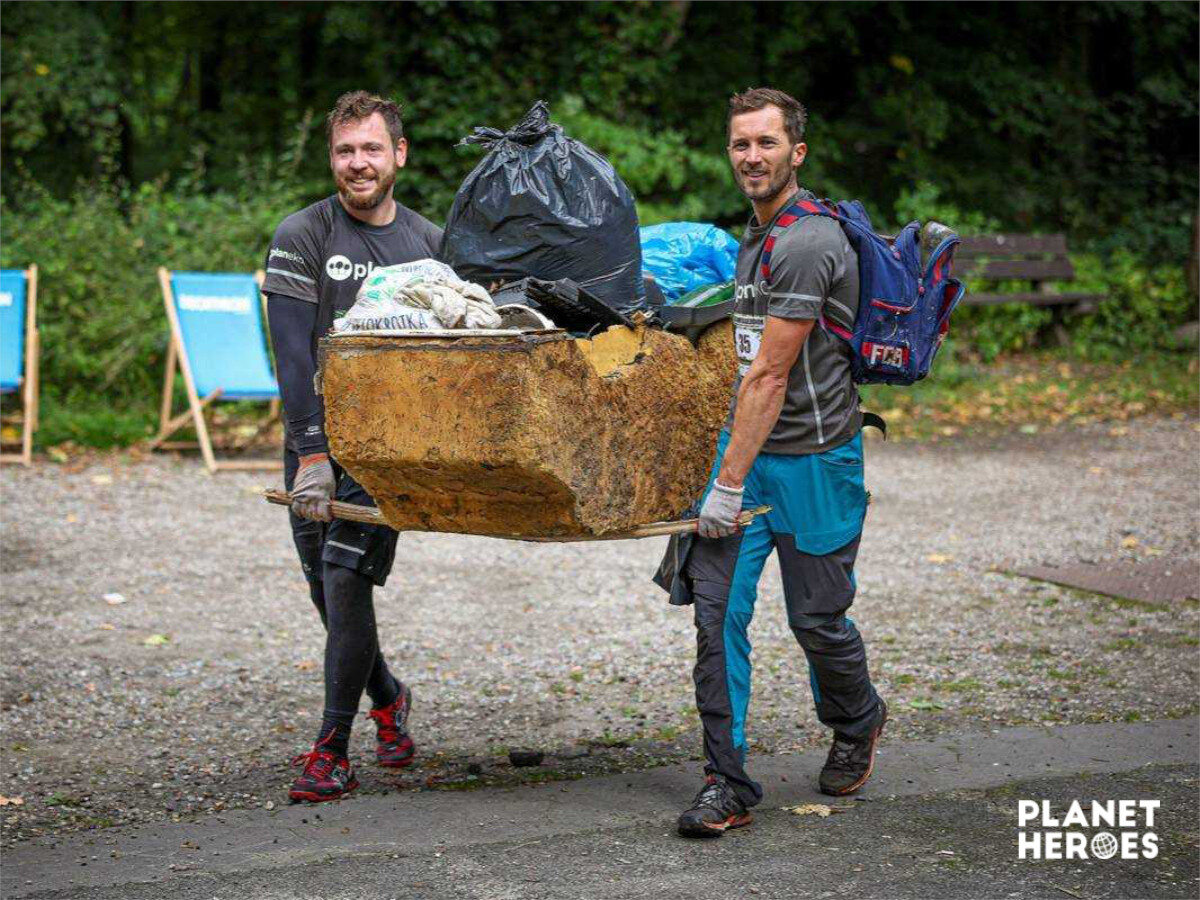
On September 17, clean-up-the-world actions will take place throughout Poland. Startup Planet Heroes brings the problem of littered cities and forests into the 21st century and offers a solution. How much can you earn by collecting a bag of garbage and why does AI examine it?
On September 17, like every year, the world clean-up campaign will take place. This tradition has been very long in Poland, and waste lying around is still a common sight here. Walking down the street, you still come across bottles. When walking through the forest, it is quite easy to come across wild dumps.
Przemysław Pyziel – the originator and co-founder of the Planet Heroes startup – works every day to make his dream of a clean Poland… or rather a clean world come true. The organization approaches the problem as befits the 21st century. A special platform financially rewards volunteers who collect garbage. The system is very simple, but there is a lot of technology in it.
In an interview for Biznes Wprost.pl, Pyziel explains how artificial intelligence helps clean up the world and how much you can earn here and now for collecting a bag of garbage in your neighborhood.
Krzysztof Sobiepan, Wprost.pl: What is Planet Heroes and how does it work?
Przemysław Pyziel, Planet Heroes: Simply put, Planet Heroes is a platform that rewards people for cleaning up their neighborhood. The system is intended to encourage people to take responsibility for their surroundings and educate people through real local action.
I call our platform simply “a place on the Internet”. It gathers people who think in a similar way about the environment and allows them to boast about their achievements in cleaning the Earth. However, Planet Heroes goes a step further. Cleaners can be financially rewarded for their often difficult work.
It works on the principle of crowdfunding, where we can receive support from companies or private individuals for our achievements in local activities.
How does the system work now, how to use it?
At the very beginning, the willing person must, of course, clean up. It is best if he documents his action quite thoroughly, i.e. takes some photos of the work in progress. He will take photos of the littered area, then the same area after cleaning, and take a photo of the collected bags left in the designated place.
Then it sets up a “project,” as we call each cleaning initiative on the platform. This step is very simple and should only take a few minutes. The entry threshold is extremely low – you just need to want it. You don’t have to clean up the entire forest at once, because we reward even small actions.
Each project is subject to machine verification and finally human verification before being published online. We extract a lot of data from photos uploaded to the platform – location, time, and the volume of waste collected.
We anonymize the photos and send them to Amazon servers where the data is analyzed by cloud algorithms. Since building algorithms on our own is extremely expensive, we decided to partner with the Americans and received an appropriate grant and license.
One sec. I heard correctly that garbage is examined by… artificial intelligence?
Yes, there is no hiding it. AI algorithms are quite advanced and can “notice” many details. In addition to the previously mentioned location or estimating the amount of collected garbage, the algorithm can even detect brands on packaging or other waste.
Of course, we do not use this information for malicious purposes, but rather to collectively think about and solve problems. We had a case in Cameroon where there were regular river clean-up events and there were always lots of plastic bottles floating downstream. We noticed this and talked to local authorities, offering them additional plastic collection points in this exact location.
How much can you gain by collecting garbage?
As I mentioned, donations and support can be obtained from a variety of sources. Once verified by Planet Heroes, the project can be supported with a donation by any user on the platform. For example, if someone has just cleaned up our favorite city park, we can give them a “tip”. However, our experience so far shows that companies are quite willing to get involved in projects.
Companies transfer money to the so-called Guaranteed cleaning support, with certain conditions. For example, Tefal pays PLN 20 per full bag of garbage for each action in Poland. Anyone can go out today and collect a bag of waste in a quick, focused action and earn some money. The upper threshold of company support is PLN 500.
We currently operate in as many as 140 countries around the world, and we have 30 to 50 new projects a day. As you might guess, donations vary by part of the world. Another example – projects in Indonesia, Malaysia and Romania are supported by MOLEAC, which simply has offices in these countries. The rate is 3 Singapore dollars per bag (approx. PLN 10 – editor’s note)
I can say that we are becoming a global system very quickly. We are currently focusing on development in South America and Southeast Asia. We still operate the most dynamically in Poland, because we have the largest network of business partners here. But this is not a small project, but slowly a truly global initiative.
What were the beginnings of Planet Heroes like? How did an idea grow into a growing movement?
All the colleagues with whom we founded the startup are personally sensitive to the issue of littering public spaces. For some time, we traveled and cleaned the forests ourselves, which are still being turned into illegal waste dumps. However, we decided that as a group of people from the IT industry, we can also use our talents to encourage as many people as possible to clean.
So in our heads we created a general outline of how to convince people to clean and how we could encourage them to do so most effectively. With this idea, in 2019 we entered the competition for the best ecological startup in the world, organized by the UN.
This challenge of the Organization was the first initiative of this type, carried out during a conference in Nairobi, the capital of Kenya. I participated in the event in a completely different capacity, but when I saw the competition, we quickly submitted our idea… and we won!
After returning to Poland, our team went into high gear and about half a year after winning the competition, we completed the project. However, we hit a bump here – the planned grand opening of the platform was thwarted by the COVID-19 pandemic. But nothing is lost, because the slower year allowed us to further refine the technical area. We are fully operational from 2021.
Thanks to the project, we were somehow included in the UN structures. We were invited to the UN Forum in Canberra for the inauguration of the Planet Heroes project. We participate in the Waste Wise Cities initiative and the UN Environmental Program.
What about Clean Up the World on September 17? How do you help with the campaign?
For the second year in a row, Planet Heroes was invited by the Let’s Do It World organization to coordinate the campaign in Poland. Of course, we did not invent Clean Up the World ourselves, because the tradition of collecting garbage in September has long roots.
Our task during World Cleanup Day is to enable as many people as possible to collect as much garbage as possible and to include their result in Poland’s common result. We act as a coordinator to enable participants to act as effectively as possible. They should not worry about bureaucracy and technicalities and just collect.
On our part, intensive preparations lasted for over a month. We contact the owners of the areas being cleaned to ensure that the cleaners have permission to enter. We also coordinate actions with municipalities that collect collected waste.
As we speak, about 200 different clean-up campaigns have already been registered. At the same time, we organize as many as 20 different campaigns in the largest Polish cities from beginning to end.
Of course, we encourage everyone to take part in the action on September 17 and organize their own local events. Because every bag collected matters.

